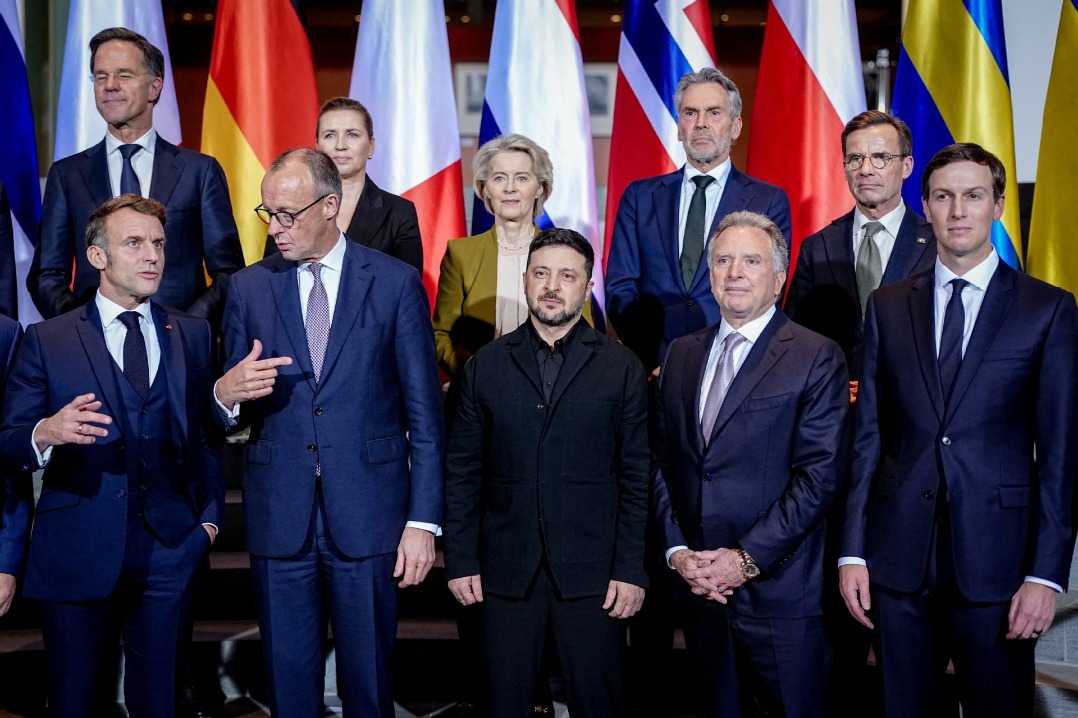Tobacco firms target new consumers


The annual financial results of one of the world's leading tobacco companies have shown a transformation of the industry during the pandemic and raised questions over the ethics of how such companies market their wares and target consumers.
Founded in 1902, British American Tobacco, also known as BAT, owns brands including Dunhill and Lucky Strike, and in 2013 launched the United Kingdom's first e-cigarette, Vype, in partnership with a subsidiary of China National Tobacco Corporation. Its financial results for 2020 show a pre-tax profit of 8.7 billion pounds ($12.19 billion), with so-called non-combustible products growing in importance, as during the pandemic, use has grown from 3 million to 13.5 million consumers.
Much of this is driven by products such as Lyft, a tobacco-free nicotine pouch placed under the lip, heavily promoted on social media platforms popular among young consumers, such as TikTok.
BAT has assured health regulators in Europe and the United States that these products are to help adults find an alternative to smoking cigarettes, but the resources being invested worldwide, particularly in targeted promotion through social media and branding around things such as e-sports events, challenge this.
The company has previously identified Kenya as a particular target for growth, with social media influencers being courted, and a nicotine pouch production facility being built in the country.
However, Business Daily Africa reports that pouches cannot currently be sold in Kenya because of a dispute over the importation of nicotine and the impact on local tobacco farmers. The Guardian newspaper says in an investor presentation in 2019, BAT mentioned "8m (next generation product) consumers added in 2017," suggesting that new consumers are being sought out.
A report on the industry and its techniques by the Bureau of Investigative Journalism said "several of these tactics, employed in different countries around the world, have attracted a new generation including non-smokers to highly addictive nicotine and tobacco products– and that this seems to be a consequence of BAT's plans for yet more growth."
When questioned about this, BAT replied "all marketing activity for our products will only be directed towards adult consumers and is not designed to engage or appeal to youth ... All our marketing is done responsibly, in strict accordance with our International Marketing Principles, local laws, legislation and platform policies... We only use influencers in some countries where it's permitted, and social media platform policies allow."
But Martin McKee, professor of European public health at the London School of Hygiene and Tropical Medicine, said investing so much in what he called "cessation" products "makes no sense at all," and the company had other motives.
"It is very clear that these corporations are spending huge amounts of money in developing new products," he said. "The only rationale for putting this amount of effort into the design is to create a new generation that is addicted to nicotine."






























